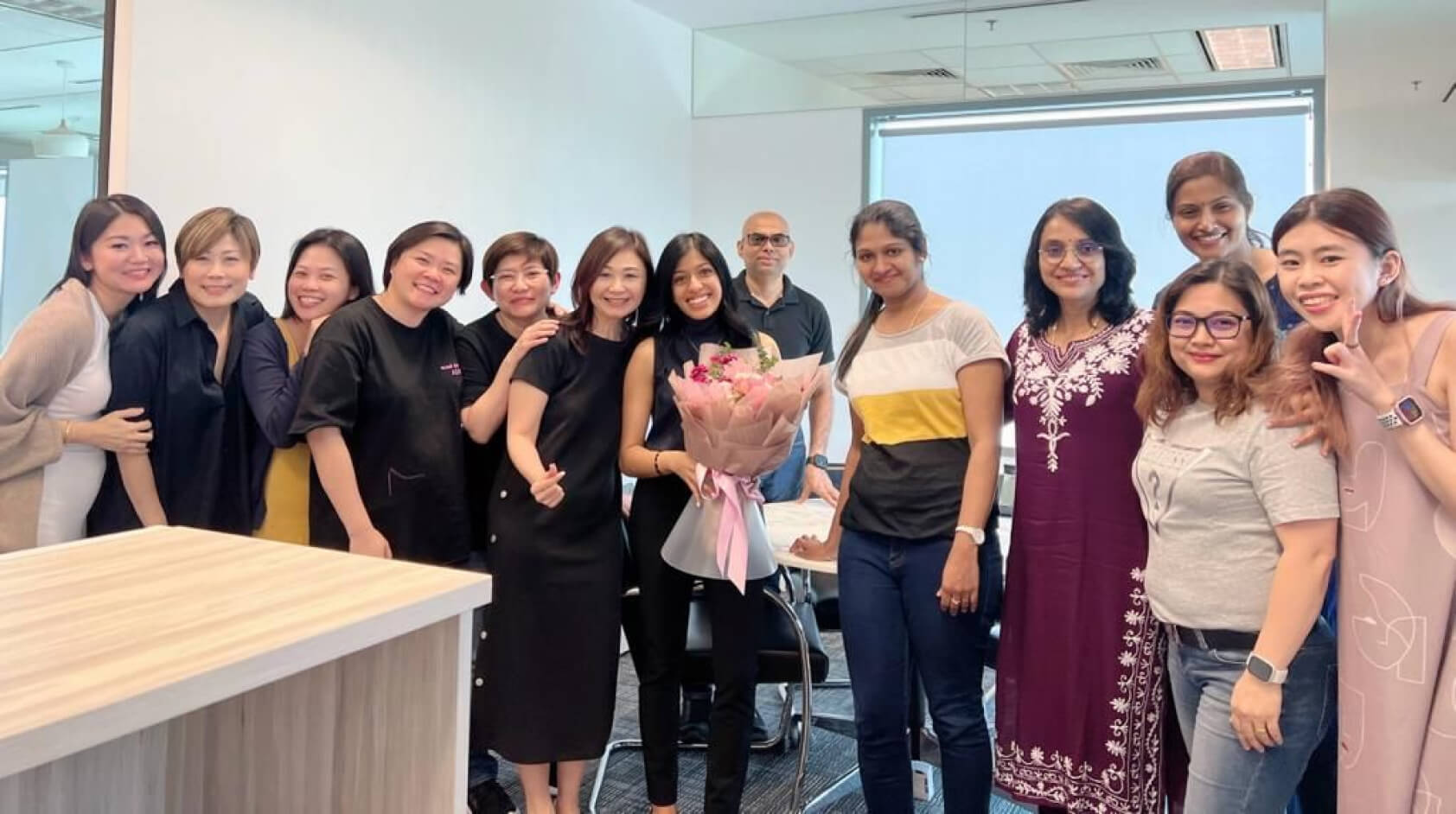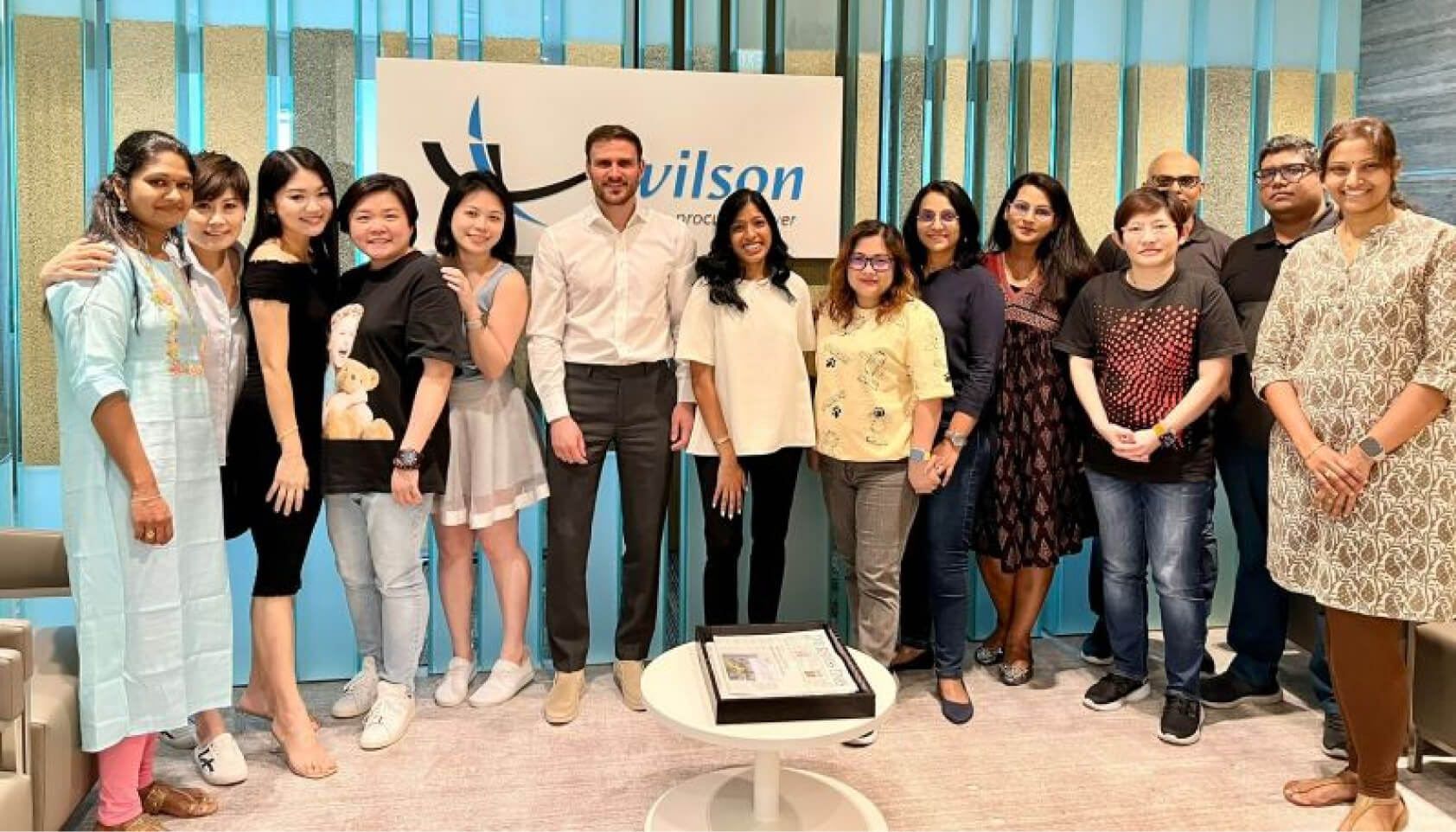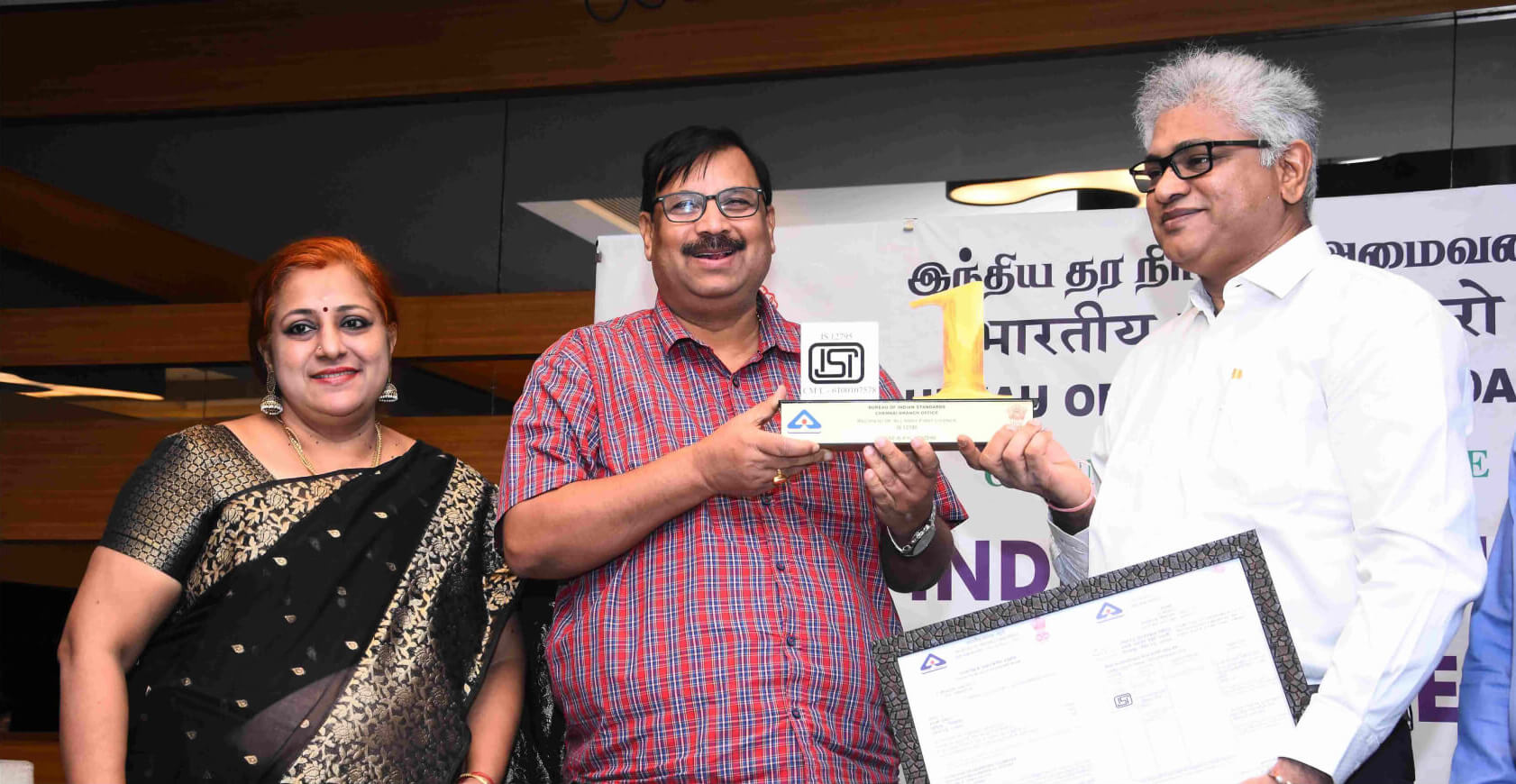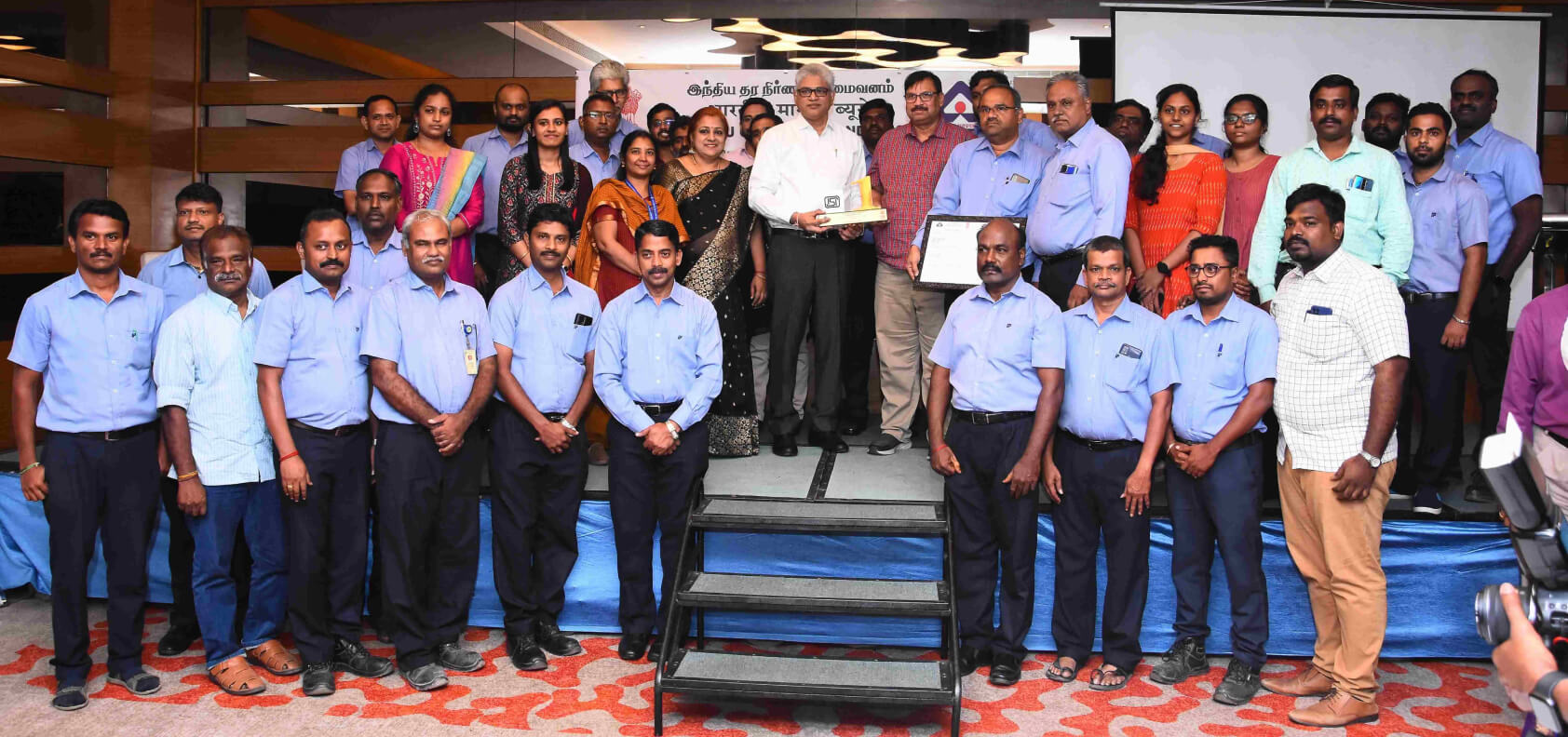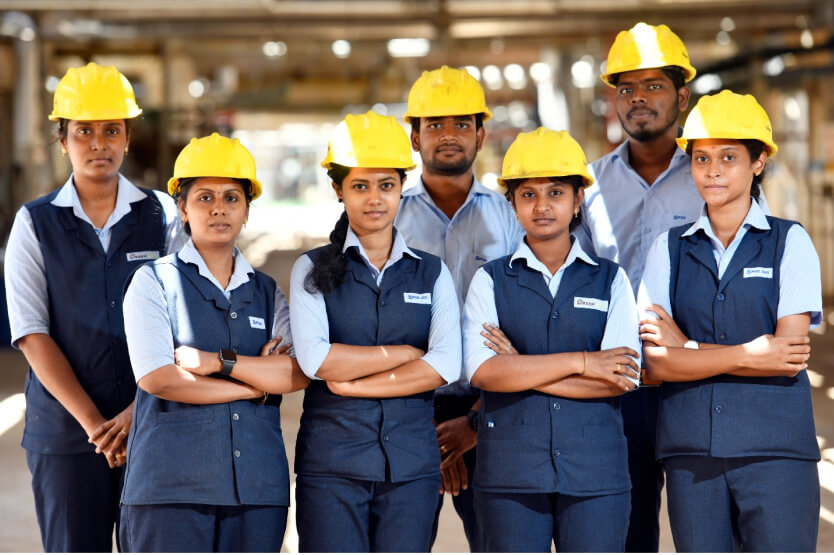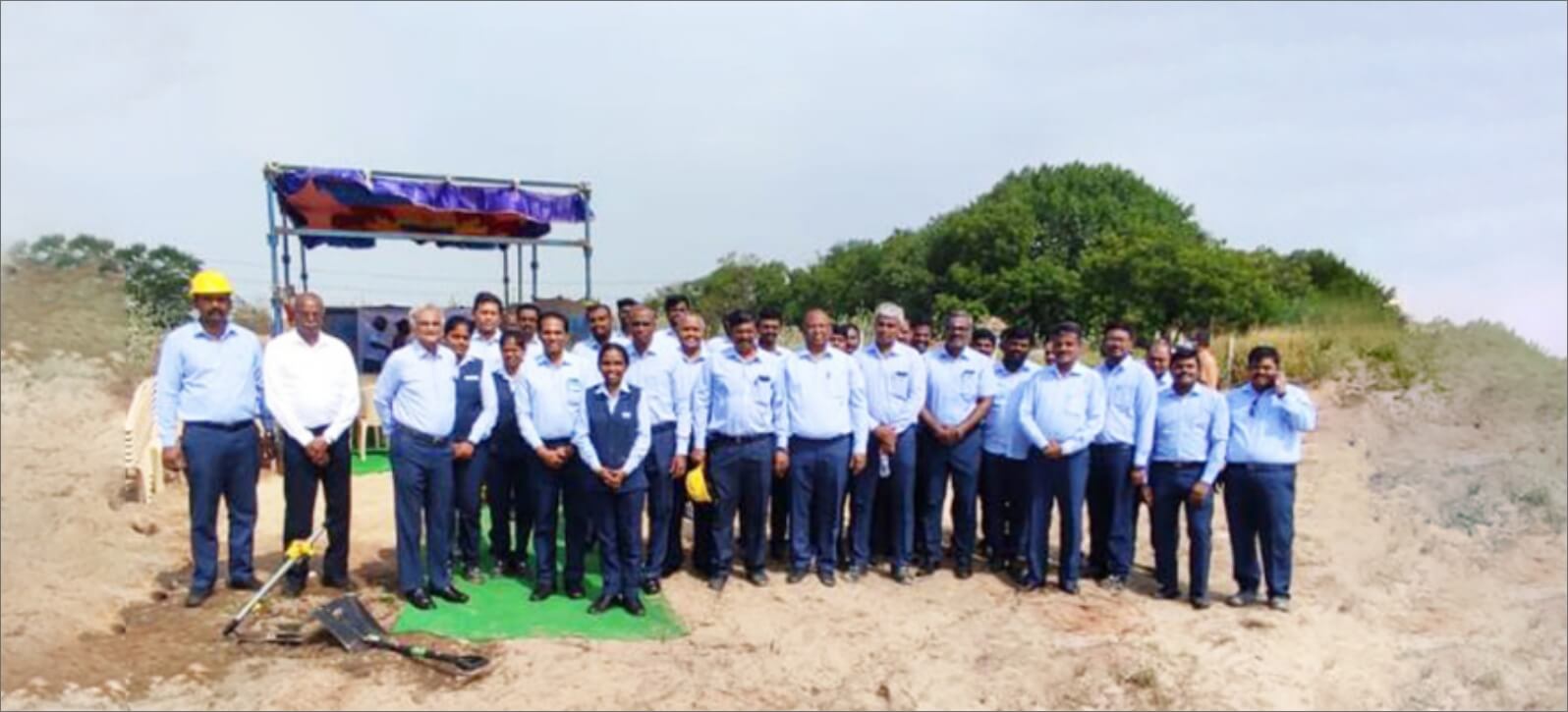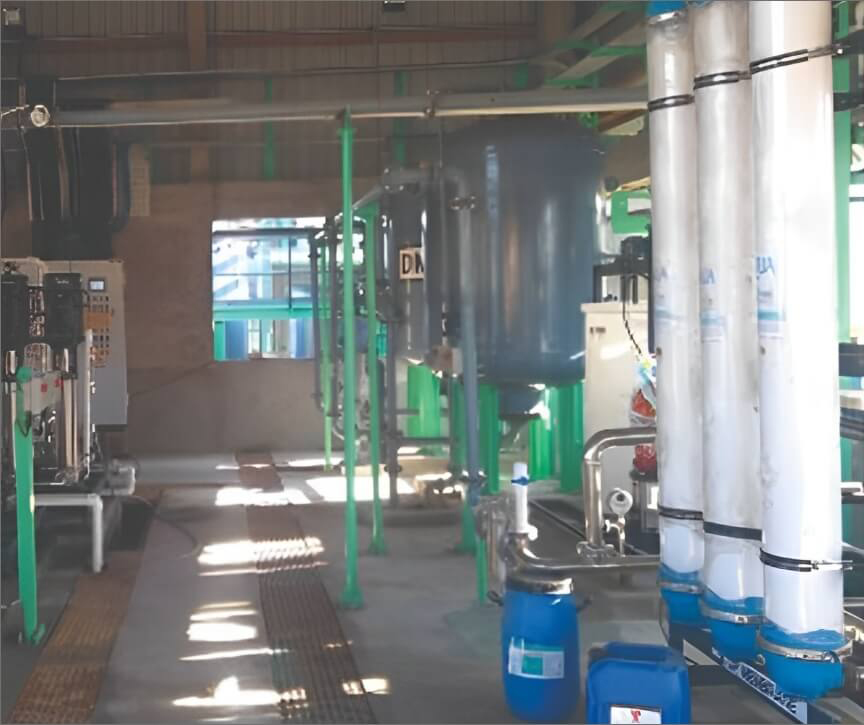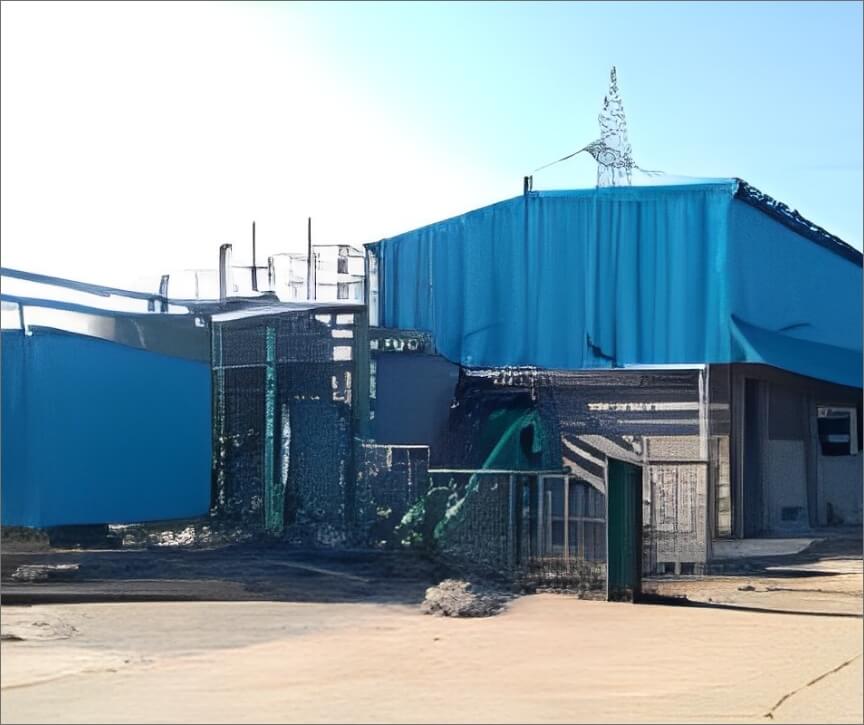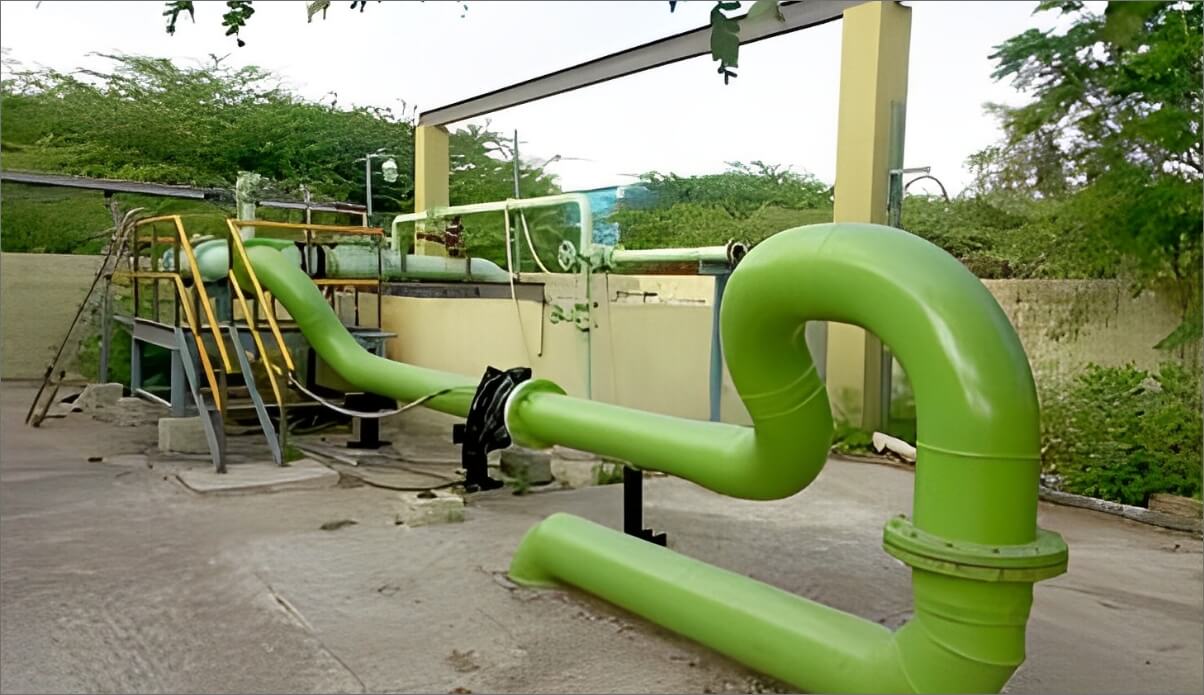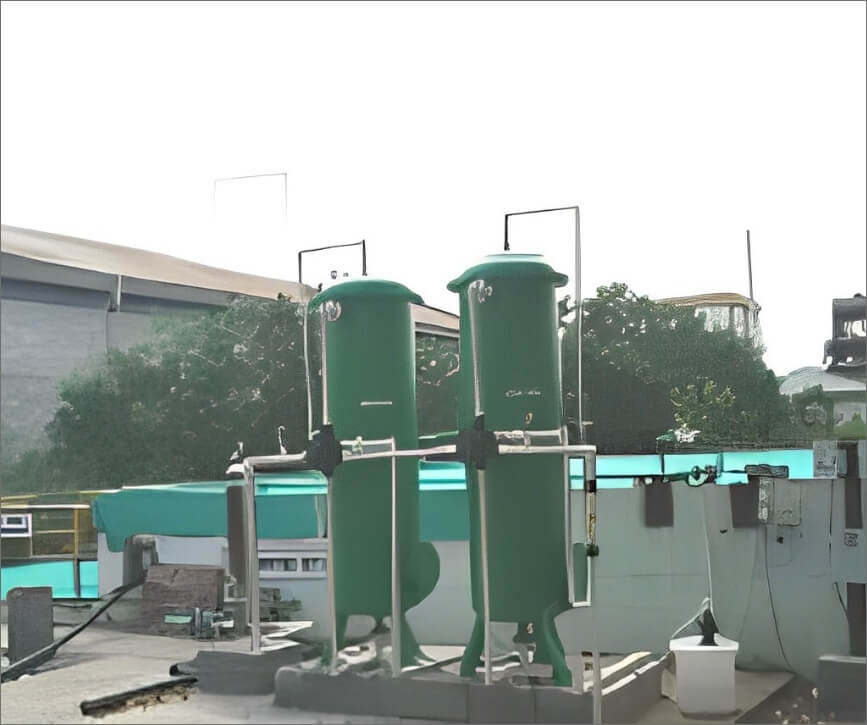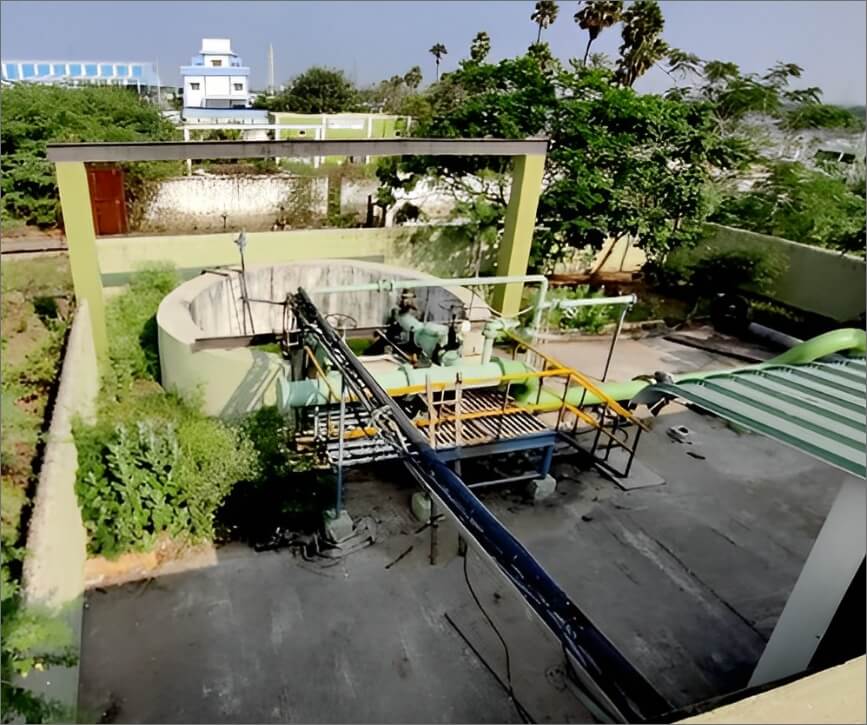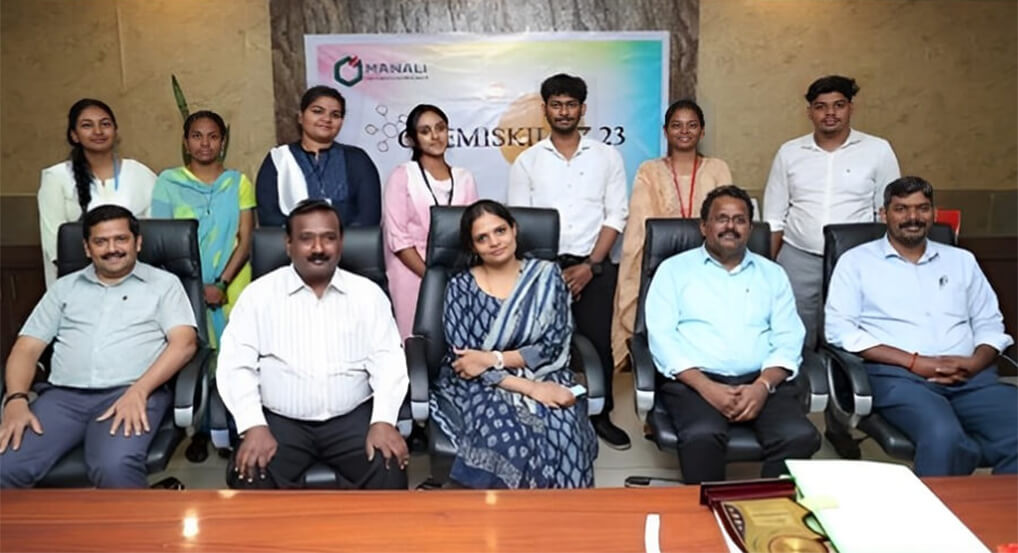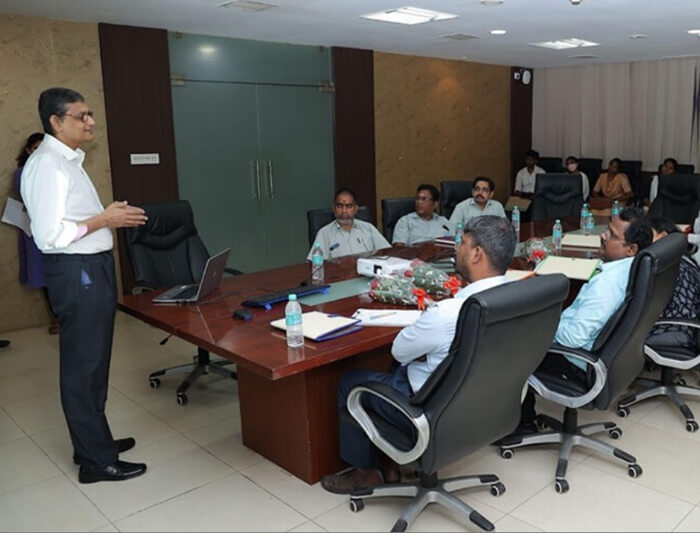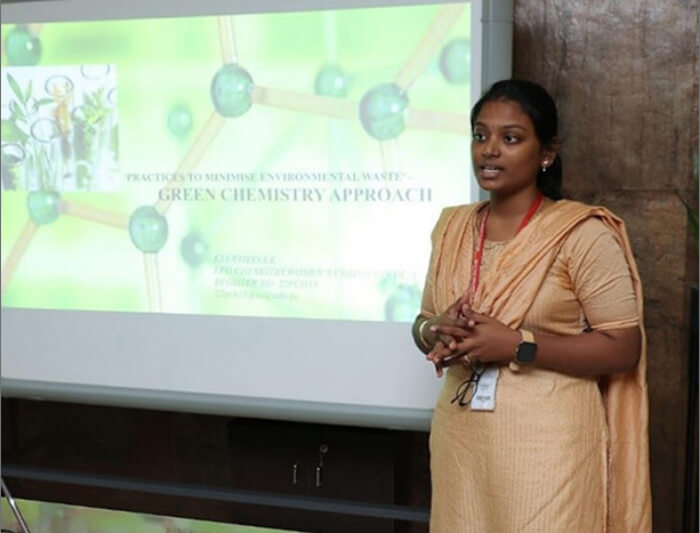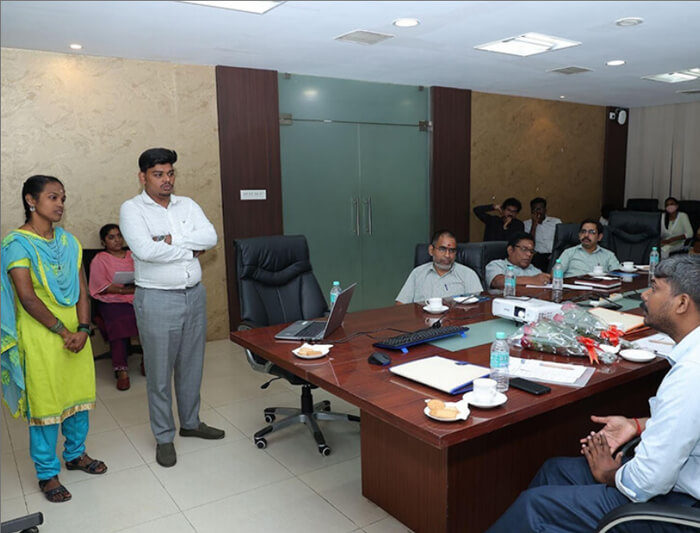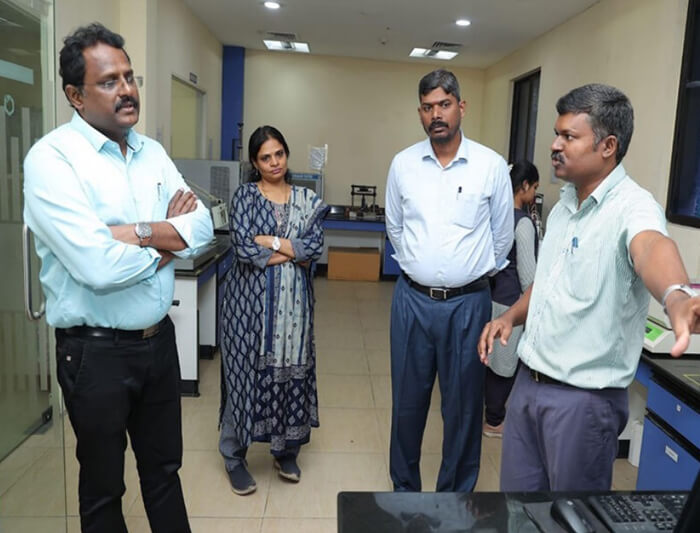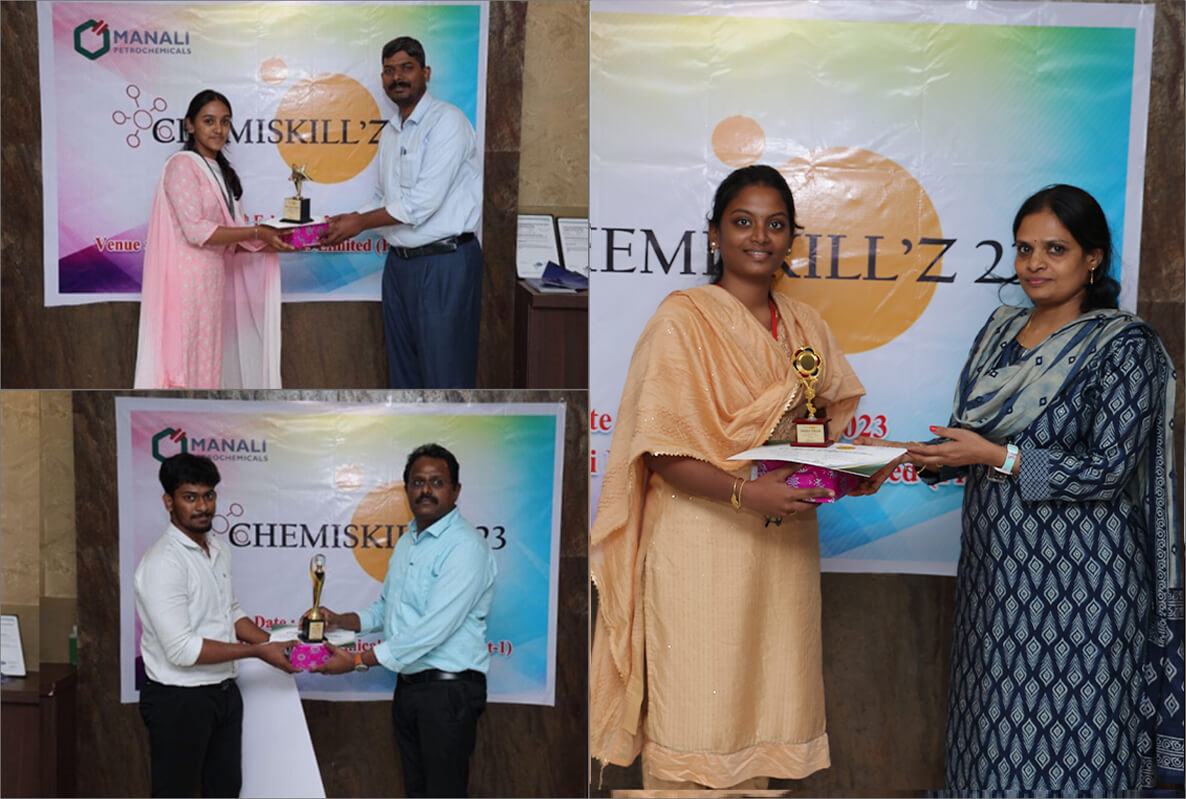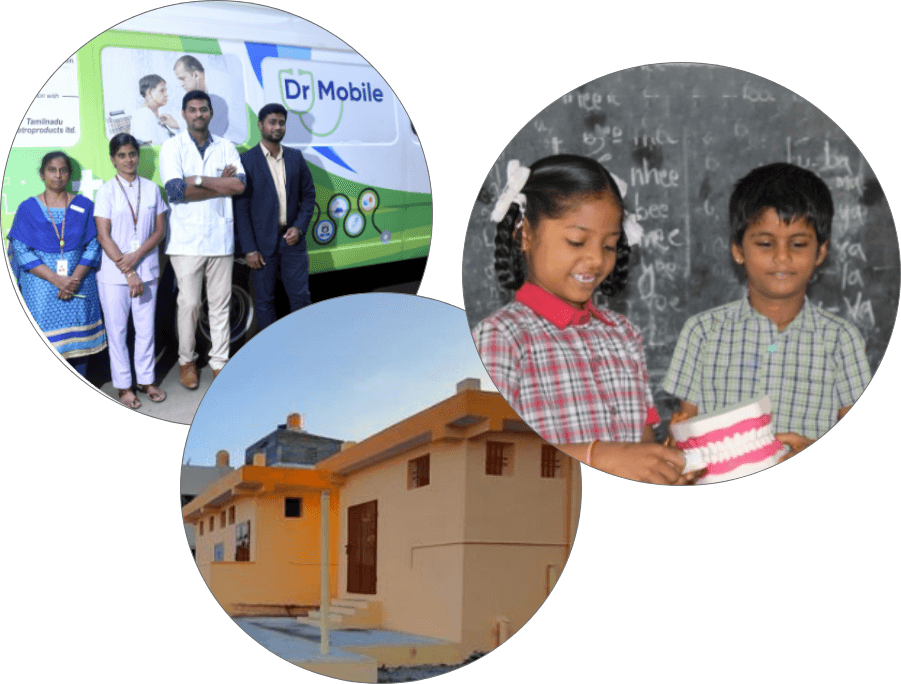Businesses have undergone a radical transition in the last three years. In 2023, they must evolve further to deal with a blend of geo-political, health, social, environmental, and technological opportunities and challenges. Here are five big trends we believe will impact businesses in 2023.
1. Moving beyond resilience to anti-fragility
Resilience is the ability to bounce back. Resilient organizations can go back to a previous state of equilibrium and minimize disruptions. Businesses worldwide displayed resilience during and after the unprecedented COVID-19 crisis. In an ever-changing world, one where dynamic business environments are laden with risks and challenges, resilience may not be enough. Organizations must instead become anti-fragile.
In an ever-changing world, one where dynamic business environments are laden with risks and challenges, resilience may not be enough. Organizations must instead become anti-fragile.
Anti-fragility—a concept first developed by author Nassim Nicholas Taleb—goes beyond resilience. It describes things and systems that do not merely withstand shocks or volatility but use these stressors and shocks to improve. By adapting quickly, learning fast, and improving consistently, anti-fragility helps to capitalize on challenges to spur business forward. Businesses that learn to be anti-fragile will remain productive and even thrive amid disruptions in the future.

2. Balancing purpose and performance – One for all, and all for one
Businesses reinvented the workplace with remote and hybrid work, leveraged technology for business continuity, and increased focus on the holistic well-being of employees. On the other hand, employees learnt to manage and adapt to work and life in entirely new and dynamic scenarios.
Businesses and employees must co-adapt to live and work in extraordinary times ahead. Organizations can use their learnings and create open, flexible, and result-oriented workplaces.
Businesses and employees must co-adapt to live and work in extraordinary times ahead. Organizations can use their learnings and create open, flexible, and result-oriented workplaces. Leaders and managers must remain authentic and empathetic to deliver greater trust, higher employee satisfaction and genuine engagement.
With work being a significant part of their lives, employees should continue to look for career development opportunities, flexibility and purpose, reskilling and upskilling to embrace the 4th Industrial Revolution. This will be key to remain an asset to organizations. An employee survey by Gartner in 2021 revealed that 56% wanted to contribute more to society. Organizations must offer a relevant and compelling Employee Value Proposition (EVP) to successfully attract and retain talent, which is the key to sustainable growth.
3. Accelerating digital transformation – Where the machine is without fear
The world is deep into the digital era, where advancement of technologies like artificial intelligence(AI), Internet of Things (IoT), machine learning, virtual and augmented reality (VR/AR), are transforming businesses and economies as we know it.

Businesses must constantly reinvent and reimagine existing processes, products, and services as they adapt to new deep-tech and ecosystems. Adopting digital strategies and embedding solutions for automation, data-driven decision making, on-time manufacturing, and efficiency is the key to future-proof businesses.
4. Increasing focus on sustainability
Today, sustainability and climate action are critical priorities for organizations. As the global community races against time to keep the planet’s rapidly heating surface temperature in check, businesses are becoming aware of the impact of climate change and global warming on their operations.
As COP27 highlighted, business leaders raised the ante on sustainability and impact investing as they sought to look after their interests while remaining at the center of this collective global challenge.

Indeed, investors are increasingly evaluating business performance against sustainability metrics while consumers are rethinking buying decisions in favor of environmentally friendly products and brands.
For example, our group company Manali Petrochemicals uses clean fuel, i.e., Liquified Natural Gas (LNG), to generate steam to reduce the environmental impact of its operations. This is in addition to using 100% recycled water in its manufacturing processes to reduce water wastage and conserve water.
5. Paying it forward – contributing to empower
Corporate social impact is important for both communities and businesses. Paying it forward will create goodwill, attract and retain talent. It will leave a positive impression on stakeholders, giving the company a competitive advantage.
Companies can pay it forward by establishing initiatives for community development and impact led ground level programs. Facilitating people to volunteer will empower employees to take ownership and develop leadership and social skills. Larger companies can support small businesses and entrepreneurs to create a stronger collective social impact ecosystem. At AM Foundation, our focus remains in the three areas of Primary Healthcare, Sanitation & Drinking Water and Wellness & Well-being.
At AM Foundation, our focus remains in the three areas of Primary Healthcare, Sanitation & Drinking Water and Wellness & Well-being.
As we step into the New Year, it’s the ability to harness the many opportunities inherent in each of these trends that will help organizations to move forward in a sustainable .
Together, they will drive a paradigm shift that will help businesses achieve their goals and create a better future for people and the planet.

